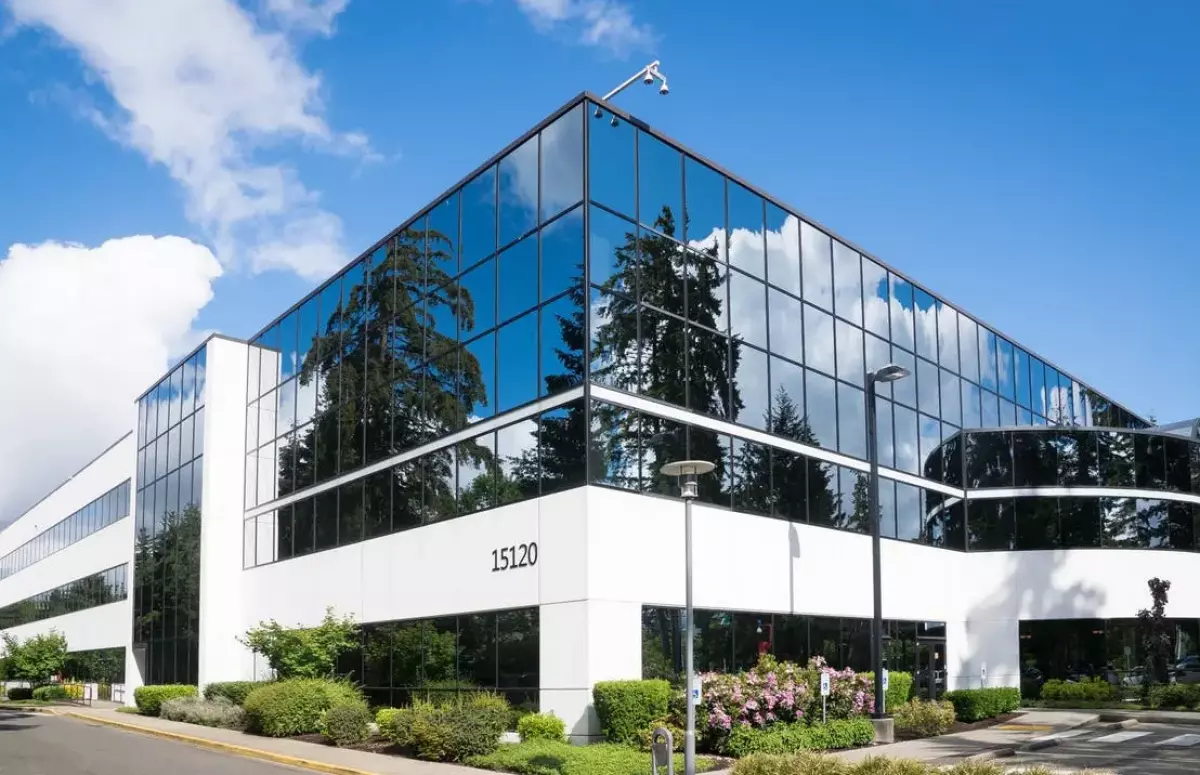Are you familiar with the term NNN in real estate? If not, don't worry - we've got you covered. In this article, we will explain what NNN means, how it works, and the advantages and disadvantages for both landlords and tenants. So, let's dive in and explore this fascinating aspect of commercial leasing.
 Image source: mcbrayerfirm.com
Image source: mcbrayerfirm.com
What Is a Triple Net Lease?
A triple net lease, abbreviated as NNN, is a unique type of commercial lease agreement that shifts most of the property expenses from the landlord to the tenant. In a triple net lease, the tenant is responsible for paying not only the rent but also additional expenses such as real estate taxes, building insurance, and maintenance. This differs from standard commercial lease agreements where these costs are typically the landlord's responsibility.
How Does a Triple Net Lease Work?
Under a triple net lease, the tenant pays a lower base rent compared to a standard lease. However, in return, they are also responsible for covering the property's operating expenses. The landlord's obligations are limited to structural repairs, such as the roof, walls, and foundation. This arrangement grants the tenant greater control over property maintenance, appearance, and associated costs like electricity and water. Typically, a triple net lease is a long-term contract, lasting anywhere from 10 to 25 years, with rent increases linked to inflation or market rates. At the end of the term, the tenant may have the option to renew the lease or purchase the property.
Advantages and Disadvantages of a Triple Net Lease
A triple net lease offers benefits and drawbacks for both landlords and tenants, depending on their individual goals and preferences. Let's examine the pros and cons for each party:
For the Landlord
Pros:
- A stable and predictable income stream as the tenant covers the rent and property expenses.
- Lower risk and liability since the tenant bears most of the costs and responsibilities.
- Reduced management and administrative duties as the tenant handles property operations and maintenance.
Cons:
- Lower returns compared to a standard lease due to the lower rent.
- Less control over the property as the tenant decides maintenance and improvement strategies.
- Limited flexibility as the lease is long-term and challenging to terminate.
For the Tenant
Pros:
- Lower rent compared to a standard lease due to the lower base rent.
- More control over the property, allowing for customization and optimization to suit their needs.
- Greater stability provided by a long-term lease that safeguards against rent increases or eviction.
Cons:
- Higher expenses as the tenant is responsible for property taxes, insurance, and maintenance costs.
- Increased risk and liability, as any damage or loss to the property falls on the tenant.
- Restricted flexibility due to the long-term nature of the lease, making modifications or cancellations difficult.
NNN, or triple net lease, is a common term in commercial real estate. It offers advantages and disadvantages for both landlords and tenants, depending on their objectives. Tenants seeking lower rent, increased control, and stability may find a triple net lease appealing. However, those prioritizing lower expenses, reduced risk, and enhanced flexibility may want to explore other options. Therefore, it's crucial for both parties to weigh the pros and cons carefully and consult with a professional advisor before signing a triple net lease.
Remember, NNN can be a powerful tool, but it's essential to understand its nuances to make informed decisions in the world of real estate. Happy leasing!

















